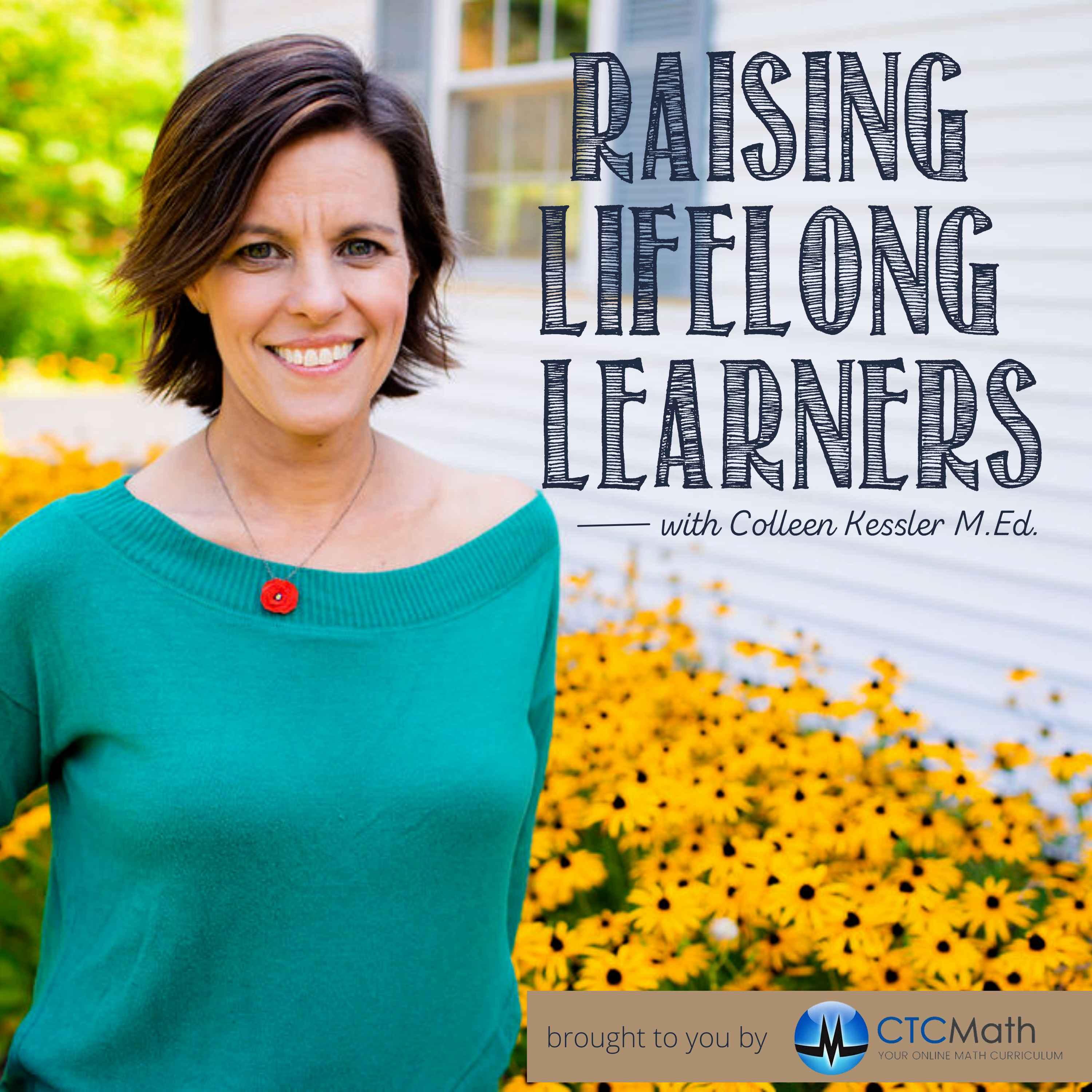Podcast Episode Details
Back to Podcast Episodes
Nurturing Neurodivergent Friendships: Practical Tips for Parents and Kids
This week on the podcast we're diving into a topic that's near and dear to so many of us: friendships for neurodivergent kids (and yes, for us as parents too). With a new school year kicking into gear, worries about social connection and "finding your people" can rise to the surface—especially for families navigating neurodiversity.
What We’re Unpacking This Episode:
- Why friendships can be challenging for neurodivergent kids (think asynchronous development, sensory sensitivities, social anxiety, or intense interests that aren’t always shared by peers).
- Supporting your child: From validating their feelings and practicing social skills together, to seeking out interest-based clubs and even professional help when needed, we’re covering loads of strategies.
- Managing our own expectations: Sometimes it's our hearts that ache more than our kids’—especially if they’re totally content solo-building Lego metropolises while we scroll by endless social media playdate posts. (You’re not alone if this sounds all too familiar.)
Key Takeaway: There’s no single “right” way for kids to socialize—and not all loneliness means your child is suffering. We talk about the difference between the child who longs for connection (and how to support them) and the content solo flyer (who’s truly happy alone, even if that’s hard for us to accept as parents).
Quick Tips From the Episode:
- Normalize neurodiversity at home. Celebrate differences. Your child isn’t broken—they’re beautifully wired.
- Prioritize shared interests over age. Sometimes the best friendships are across generations or centered around passions rather than peer groups.
- Practice and role-play social skills in low-pressure environments (think: one-on-one meetups, online clubs like our Learner’s Lab, or even just chatting with a cool neighbor with a unique hobby).
- Know that seeking therapy or coaching is a strength, not a weakness—for both kids and parents.
A Gentle Reminder: If your child is thriving emotionally, feels seen and supported, and is building their life at their own pace—even if it doesn’t look the way you expected—you’re doing a great job. Sometimes the most meaningful friendships (and personal growth) take the scenic route.
Links and Resources from Today’s Episode
Thank you to our sponsors:
CTC Math – Flexible, affordable math for the whole family!
Night Zookeeper – Fun, comprehensive language arts for ages 6-12
- The Homeschool Advantage: A Child-Focused Approach to Raising Lifelong Learners
- The Homeschool Advantage: A Child-Focused Approach to Raising Lifelong Learners Audiobook
- Raising Lifelong Learners Membership Community – The Learners Lab
- Raising Resilient Sons by Colleen Kessler, M.Ed.
- The Anxiety Toolkit
- 5 Tips for Helping Gifted Children Make Friends<
Published on 5 days ago